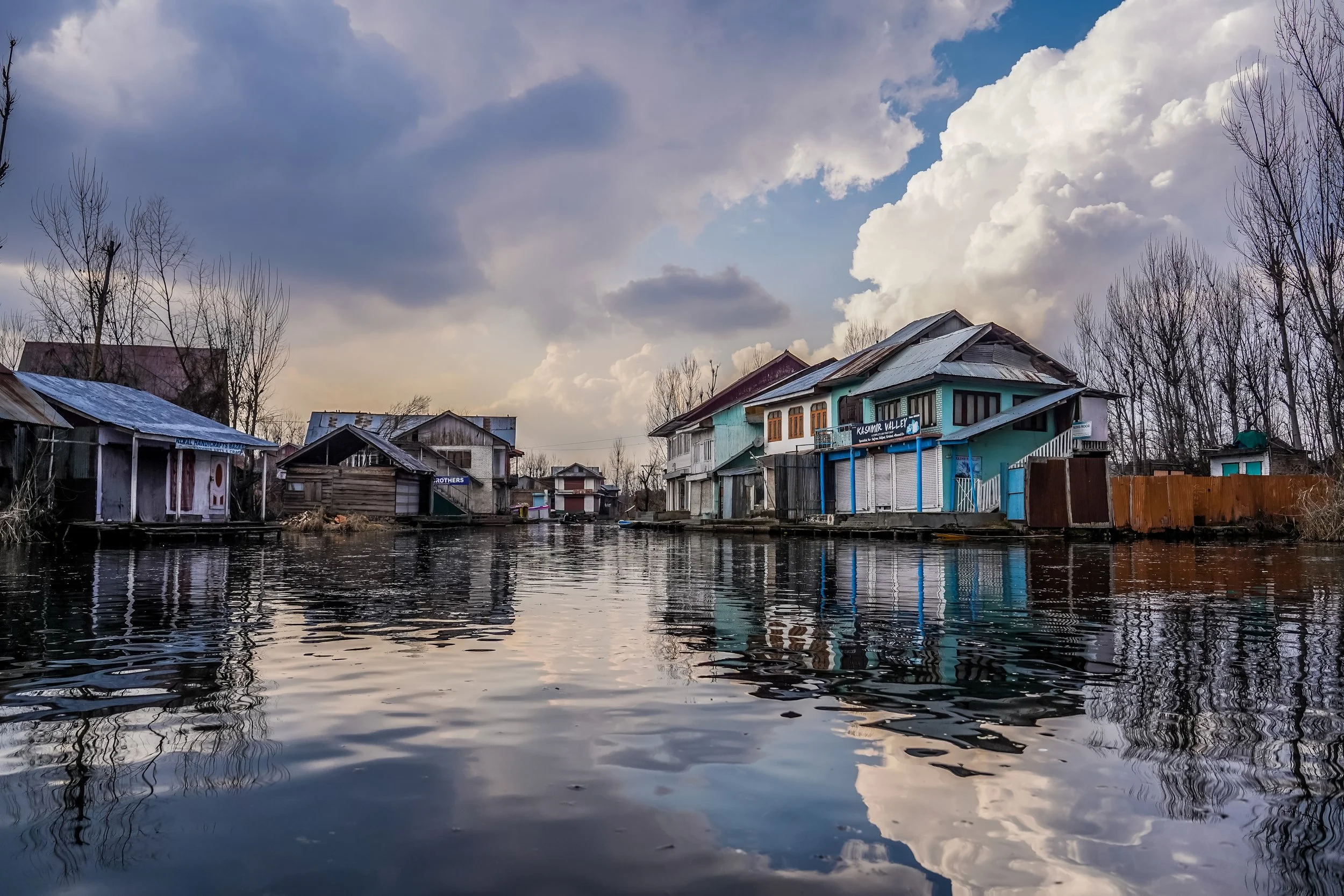Washington D.C. – In recognition of this year’s National Celebration of Pro Bono (October 22-28, 2023), Lawyers for Good Government (L4GG), a leading non-profit organization that mobilizes pro-bono legal support for human rights programs, is proud to announce Mayer Brown as a recipient of its 2023 Outstanding Pro Bono Partner Award. The award is an acknowledgment of Mayer Brown's exceptional contributions to L4GG's mission of mobilizing lawyers for social justice. Their consistent and robust support, particularly in the Lawyers for Racial Justice program, has been instrumental in creating impactful, positive change.
In 2020, Mayer Brown launched Project Equity initiative, underscoring the significant role legal firms play in addressing systemic racism and promoting equity within the law. The initiative, aiming to bring about meaningful change and foster strategic engagement on issues of racial and social justice, found a natural ally in L4GG's Lawyers for Racial Justice initiative.
Together, the partnership has achieved significant strides. A landmark collaboration is L4GG’s “Police in Schools” report, which scrutinizes state funding of police in schools. Through rigorous research and analysis, the report includes comprehensive state-specific findings on how school resource officers are protected by the law when they disproportionately target and harm students of color, further exacerbating the school-to-prison pipeline.
“What sets Mayer Brown apart is not just their legal prowess but their commitment to driving forward racial justice. Given this year’s theme, ‘Voices of Democracy: Ensuring Justice for All’, their dedicated efforts to highlight systemic imbalances, such as those faced by students of color, align directly with the broader call for true democracy. They are genuine collaborators who believe in the strength of collective action.”
Moreover, Mayer Brown's commitment goes beyond the realm of racial justice. Late in 2022, Mayer Brown collaborated with L4GG to author a groundbreaking report on state-level access to gender-affirming care, emphasizing discriminatory policies endangering transgender rights and healthcare access nationwide.
Their commitment to social justice is further highlighted by leading an initiative alongside L4GG and other law firms, aiming to assist a group of Afghan women in securing Temporary Protected Status. Their efforts currently aid approximately 60 Afghan women in their journey towards achieving immigration stability in the U.S.
As the legal community prepares to celebrate pro bono efforts nationwide, Lawyers for Good Government is elated to recognize Mayer Brown with the 2023 Outstanding Pro Bono Partner Award, a testament to their enduring contributions towards not just L4GG, but to the broader mission of ensuring equal justice for all.
Lawyers for Good Government (L4GG) is a non-profit organization committed to upholding human rights and achieving equal justice, with a network of 125,000+ lawyers to assist in its efforts. Through large-scale pro bono programs and issue advocacy efforts, L4GG tackles pressing issues such as climate change, environmental racism, reproductive justice, immigrant rights, and racial justice.
Mayer Brown is a distinctively global law firm, uniquely positioned to advise the world's leading companies and financial institutions on their most intricate deals and disputes. With a formidable presence spanning four continents, Mayer Brown stands unparalleled as the only integrated law firm in the world with around 200 lawyers in each of the globe's three primary financial hubs—New York, London, and Hong Kong—serving as the linchpin of the global economy.




